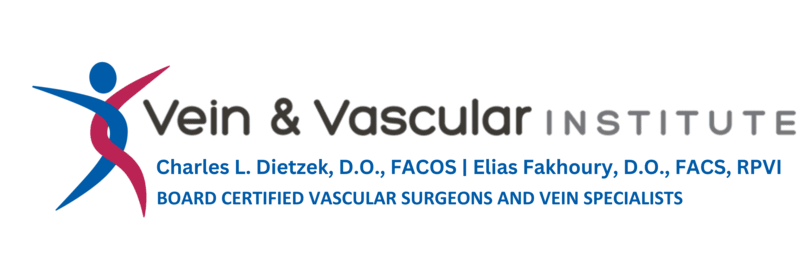You may eat a low-salt diet to improve your heart health, avoid smoking to improve the health of your lungs, and even go to the dentist regularly to improve your oral health. You do so many things to keep various body systems healthy. Did you know that you should also take steps to improve your vein health?
Improving your vein health supports your overall health and reduces your risk for vein problems, such as varicose veins and spider veins.
Table of Contents
ToggleWhat You Need to Know about Veins and Vein Health
Your blood vessels transport blood throughout your body.
Your heart pumps blood through your blood vessels to the rest of your body. Arteries carry oxygen- and nutrient-rich blood from your heart to the rest of your body. Gravity helps move your blood downward to your feet in between heartbeats. The cells of your body draw the oxygen and nutrients out of your blood to use for various functions. The cells produce toxins as they work.
Veins carry these toxins away, moving the blood from the far reaches of your body back towards your heart. Unlike arteries, veins must work against the force of gravity to move blood upwards. One-way valves on the inside of the veins help keep blood flowing upwards, even in between heartbeats. These valves open and close to allow blood to advance to the next segment of vein. Strong, tone blood vessels also keep blood moving.
In time, the veins can become unhealthy and the valves can fail. Unhealthy veins and failing valves prevent blood from flowing properly from your feet back up to your heart. Doctors refer to this as venous insufficiency.
When blood flows downwards and backward, it can accumulate in the veins of your lower legs. The pressure of the excess blood causes veins at the surface of the skin to bloat and twist to cause a varicose vein or spider vein. Left untreated, pooling of toxin-rich blood in your feet and ankles can even cause painful sores, known as venous ulcers or stasis ulcers.
How to Improve Your Vein Health
You can improve your vein health in a few simple steps.
Exercise more. Physical activity stimulates circulation, which helps move pooled blood up and out of your lower body. Exercise also strengthens the muscles in your thighs and calves, and strong muscles help tone your veins for optimal health and performance.
Wear compression stockings. These extra-tight stockings put pressure on the veins in your lower legs to squeeze blood up and out of your calves.
Elevate your legs above your heart for 10 to 15 minutes each day. This reduces the pull of gravity and allows the excess blood to drain out of your lower legs and move towards your heart.
Talk to your vein doctor about vein treatment. In some cases, vein problems have progressed to the point where you suffer vein problems, such as varicose veins and spider veins.
For more information about ways to improve your vein health, talk with your vein doctor.
